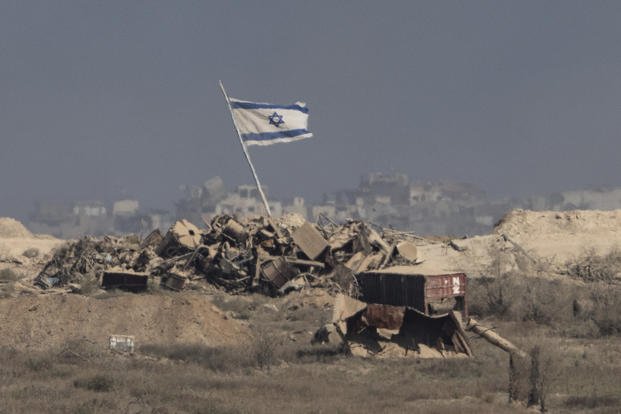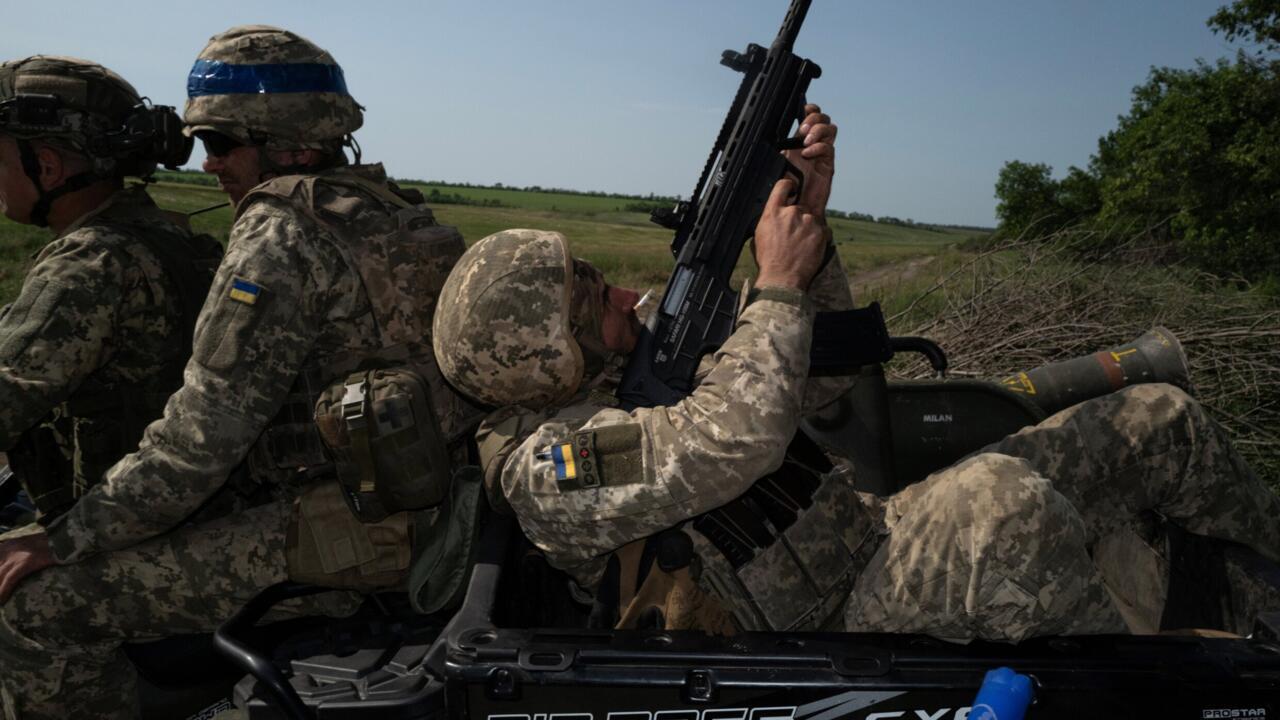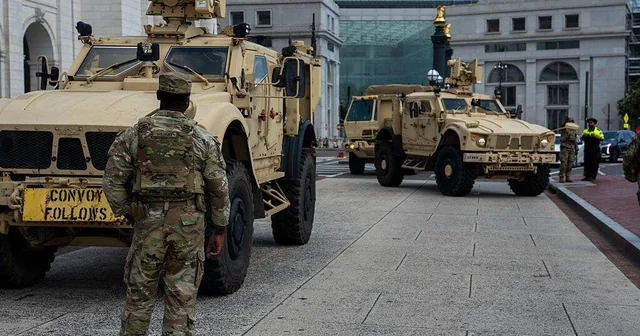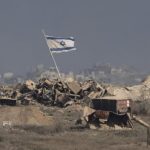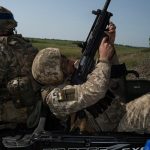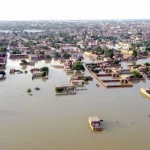In August 2025, President Donald Trump authorized the deployment of over 2,000 National Guard troops to Washington, D.C., citing a surge in crime as the primary justification. This unprecedented move marked a significant shift in federal involvement in local law enforcement. The deployment raised questions about its necessity, effectiveness, and the broader implications for civil liberties and governance.
This article delves into the crime data before and after the National Guard’s deployment, examines the political and social ramifications, and provides a nuanced perspective on the situation.
The Crime Landscape Before Deployment
Prior to the deployment, Washington, D.C., had been experiencing a downward trend in crime rates. According to the Metropolitan Police Department (MPD), violent crime had decreased by approximately 20% in the two weeks leading up to August 7, 2025, compared to the same period in previous years. Despite these improvements, public perception remained skewed. A poll conducted by AP-NORC found that 81% of Americans viewed crime in major cities as a significant problem, even though data indicated otherwise.
Immediate Impact of the National Guard Deployment
Following the deployment, crime rates in D.C. saw a notable decline. A CBS News analysis revealed that violent crime dropped by nearly 50% compared to the same period in 2024. Additionally, burglaries decreased by 48%, and car thefts fell by 36%. These statistics suggest that the presence of the National Guard had a tangible effect on crime reduction. However, it’s essential to consider other factors that may have contributed to this decline, such as increased police presence and community engagement efforts.
The Role of the National Guard
The National Guard’s responsibilities in D.C. extended beyond traditional law enforcement duties. In addition to patrolling federal buildings and Metro stations, troops were tasked with “beautification” projects, including assisting in restoration efforts in federal parks. Initially, National Guard members were unarmed, but recent reports indicate that they have been authorized to carry weapons, raising concerns about the militarization of domestic policing.
Public Perception and Political Reactions
The deployment sparked a range of reactions from various stakeholders. While some residents and business owners expressed support, citing increased safety, others voiced concerns about the erosion of civil liberties. Politically, the move has been divisive. An AP-NORC poll found that 55% of Americans opposed federal takeovers of local police departments, reflecting apprehension about the centralization of law enforcement authority.
Potential Displacement of Crime
While crime rates in D.C. have decreased, there are concerns that criminal activity may have been displaced to neighboring areas. Reports indicate a rise in carjackings and other crimes in nearby regions, suggesting that the National Guard’s presence in D.C. may have inadvertently shifted criminal behavior rather than eradicated it.
Long-Term Implications
The long-term effects of the National Guard’s deployment in D.C. remain uncertain. While immediate crime statistics show improvement, the sustainability of these changes is questionable. Experts argue that addressing the root causes of crime, such as poverty and lack of education, is crucial for long-term crime reduction. Moreover, the precedent set by deploying federal troops to manage local crime raises concerns about the potential for future overreach and the undermining of local governance.
FAQs
Did crime rates in D.C. increase after the National Guard’s deployment?
No, crime rates decreased following the deployment. However, there are concerns about the displacement of crime to neighboring areas.
Were National Guard members armed during their deployment?
Initially, they were unarmed, but recent reports indicate that they have been authorized to carry weapons.
What other roles did the National Guard undertake in D.C.?
In addition to patrolling, they assisted in beautification projects and restoration efforts in federal parks.
How did the public react to the National Guard’s presence?
Reactions were mixed, with some expressing support for increased safety and others concerned about civil liberties.
What are the long-term implications of this deployment?
The long-term effects are uncertain, with concerns about the sustainability of crime reduction and the potential for future overreach.
Conclusion
The deployment of the National Guard to Washington, D.C., has led to a significant reduction in crime rates, at least in the short term. However, this approach raises important questions about the balance between security and civil liberties, the effectiveness of militarized policing, and the role of federal authority in local matters. As the situation continues to evolve, it is essential to critically assess the outcomes and implications of this unprecedented intervention.


